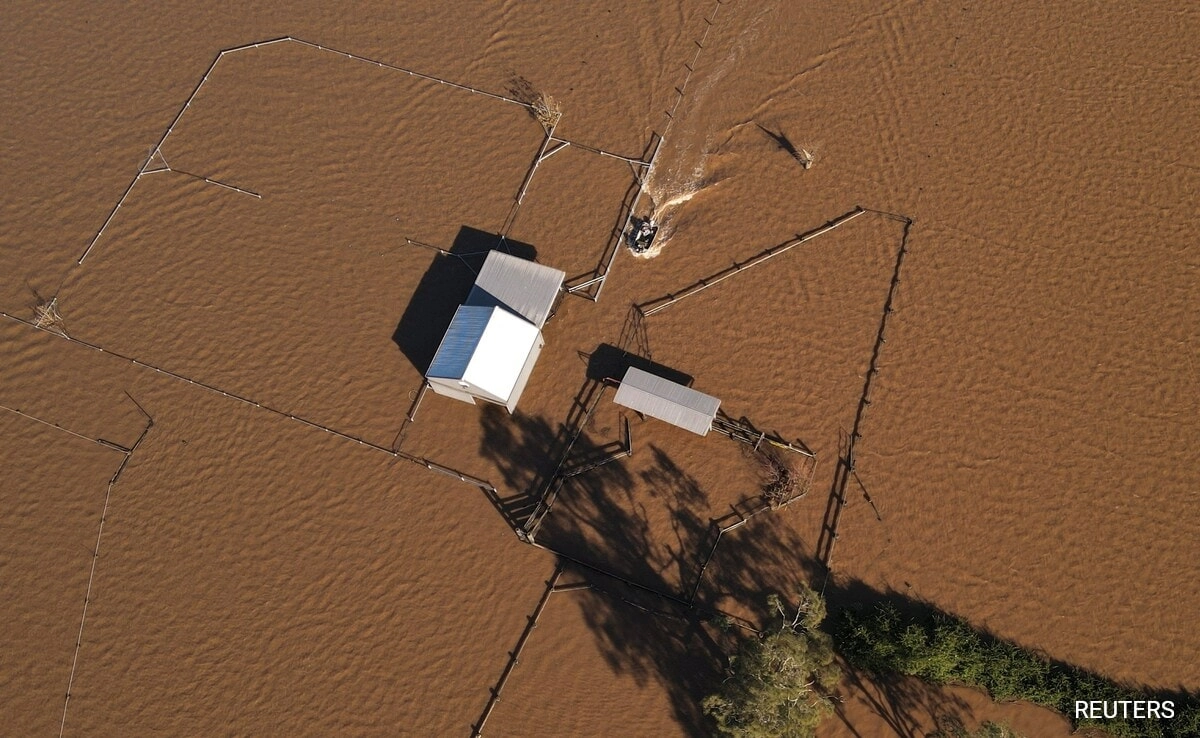In a tragic incident in Himachal Pradesh’s Bilaspur district, a bus was struck by a landslide, resulting in the loss of 18 lives. The bus, which was traveling through a mountainous region, was caught off guard when a large mass of debris came tumbling down from the hillside, burying the vehicle under rocks and mud. The suddenness of the landslide left little time for the passengers and driver to react, leading to a catastrophic outcome. Rescue operations were swiftly initiated as local authorities, along with disaster response teams, worked tirelessly to reach the site and assist those affected.
The incident has highlighted the ongoing challenges posed by the region’s geography, where landslides are not uncommon, especially during the monsoon season. Heavy rains can destabilize the soil, making it prone to such natural disasters. The state has been grappling with the implications of climate change, which has intensified rainfall patterns, leading to an increase in landslide occurrences. Local residents and travelers alike have expressed their concerns over road safety in these vulnerable areas, calling for better infrastructure and early warning systems to mitigate the risks.
Government officials have expressed their condolences to the families of the victims and pledged to investigate the circumstances surrounding the landslide. There are growing calls for improved monitoring of vulnerable areas to prevent similar tragedies in the future. As recovery efforts continue, the community is coming together to support those impacted by this devastating event. Psychological support is also being offered to help survivors cope with the trauma of the incident. The loss of life in this disaster serves as a stark reminder of the power of nature and the need for preparedness in regions susceptible to geological hazards.




